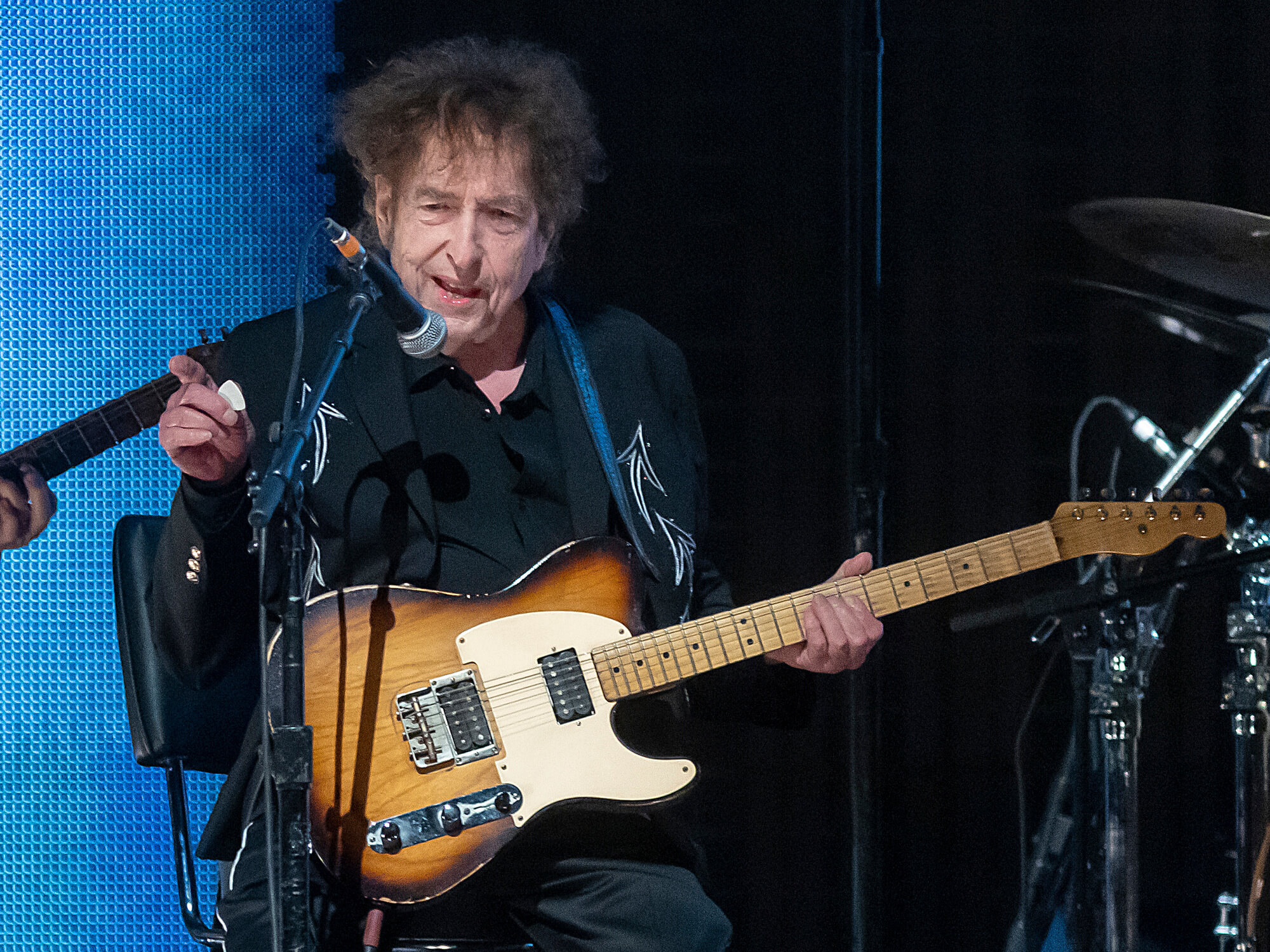🎤 Bob Dylan, Charlie Kirk, and a Viral Quote That Was Never His

The internet loves a good firestorm. Recently, one spread like wildfire: a claim that Bob Dylan, the Nobel Prize-winning icon of folk and rock, had spoken out after Charlie Kirk’s death with the words:
“If you want people to speak kindly after you’re gone, speak kindly while you’re alive.”
Screenshots suggested Dylan doubled down with “I stand by this. Be kind — now more than ever.” Within hours, social media was ablaze. Praise, outrage, defenses, and condemnations flooded the comment sections.
There was just one problem: Bob Dylan never said it.
📰 The Truth Behind the Rumor
Fact-checkers from Yahoo and other outlets quickly confirmed that the quote did not come from Dylan. It’s a recycled line that has previously been attributed to other celebrities — Jon Bon Jovi, Travis Kelce, and even anonymous motivational pages. There is no record of Dylan making a public statement about Kirk, nor of him posting online.
In fact, Dylan is famously private and almost never comments on current political controversies in real time.
So how did this rumor spread so fast?
Emotional timing: Charlie Kirk’s assassination shocked the political world, creating fertile ground for strong words.
Dylan’s legacy: As a voice of protest since the 1960s, Dylan is a believable messenger for hard truths.
Social media virality: Once attached to Dylan’s name, the quote gained instant authority, even without evidence.

💬 The Debate: Voices From the Crowd
Even after fact-checks, the comments reveal something fascinating: people wanted to believe Dylan said it — and many still defend the sentiment, even if the attribution is false.
Defenders of the “truth”:
“Dylan has always been controversial. And the words he spoke are truth. If you don’t like it, don’t listen.” — Bryan Freeland
“Bob Dylan has earned a Nobel Prize with his words. Maybe we should listen to them.” — Jenna Massuk BroskaSkeptics and fact-checkers:
“A Google search shows that this is not true… sure enough, he didn’t.” — Cathy Kinyon Egan
“This is about the 10th time I’ve seen this exact quote by 10 different people.” — Terrie Santiago
“Internet nonsense, AI or both. He never said this. Google is your friend.” — John SchulzCritics of Kirk:
“Charlie Kirk lived to be right. He was not open-minded. His efforts were to fool people. A true fascist tactician.” — Becky Spanjers
“Good for you, Bob Dylan. He was by no way a saint.” — Kathy Ivans FrantzCalls for kindness:
“Be nice and the world would be nice to you too.” — Letty Marquez
“It feels like a phrase your grandparents would say. Just a fundamental truth of life.” — Elwyn Jones
This spectrum shows how one sentence — even falsely attributed — can unlock bigger conversations about kindness, morality, and legacy.

🎶 Why It Matters
The controversy highlights two important truths:
Misinformation spreads because we want it to be true. People long for Dylan’s prophetic voice to weigh in on modern conflicts. That longing makes us vulnerable to viral fakes.
The message resonates regardless. Whether Dylan said it or not, the idea — that kindness in life shapes how we’re remembered — struck chords across generations.
🧭 Final Thoughts
Bob Dylan did not say the viral line about Charlie Kirk. But the firestorm it created tells us something about ourselves: our hunger for moral clarity, our reliance on icons to articulate it, and our willingness to suspend skepticism when a quote fits the story we want to hear.
Maybe that’s the real lesson: it doesn’t take Bob Dylan to remind us to be kind. We already know it. But when we attach the words to a legend, we’re more likely to listen.
In the end, the quote may not belong to Dylan — but the conversation it sparked belongs to all of us.





